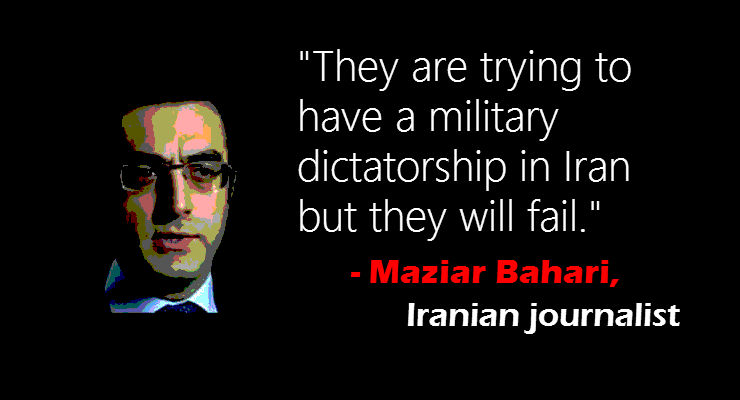 This really interesting article is from Democracy Digest, the National Endowment for Democracy’s daily blog:
This really interesting article is from Democracy Digest, the National Endowment for Democracy’s daily blog:
In the wake of the assassination of Qassim Suleimani, it’s imperative to note that “Iran’s capacity and inclination to cause problems for America also reflect our regional presence, posture and alliances, which mostly exist to advance a kind of mixtape of Hamiltonian and Wilsonian grand strategies — access to Middle Eastern oil, the promotion of democracy and human rights, and regime change in Tehran itself,” writes New York Times columnist Ross Douthat.
But while regime-change operations might seem like a feasible policy solution to create stronger democratic institutions and better humanitarian conditions around the globe, using armed force to achieve these goals often makes things worse, argues Benjamin Denison, a postdoctoral fellow with the Center for Strategic Studies at the Fletcher School of Law and Diplomacy at Tufts University:
The unique conditions that allowed for the few successful cases—as in Germany or Japan, for example—are unlikely to present themselves again. Instead, a broader historical and social scientific lens reveals a clear pattern: foreign-imposed regime-change operations produce insecurity, undermine democracy, and often have tragic humanitarian outcomes. Employing nonmilitary means to push for democracy and humanitarian goals, as well as unlinking humanitarian aid from regime-change operations, is necessary to promote greater political freedom.
It could be the case that it is in America’s interest to support political liberalization and the promotion of human rights abroad, but through peaceful means and support for civil society as opposed to the use of force, he writes in a new CATO Institute analysis.
Read the full article here.
Leave a Reply